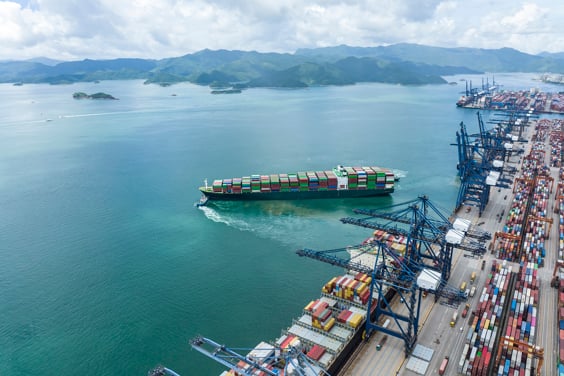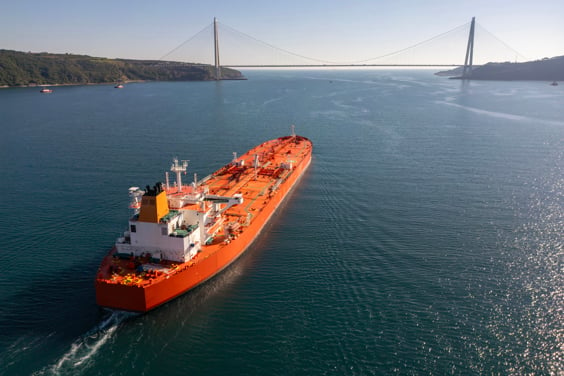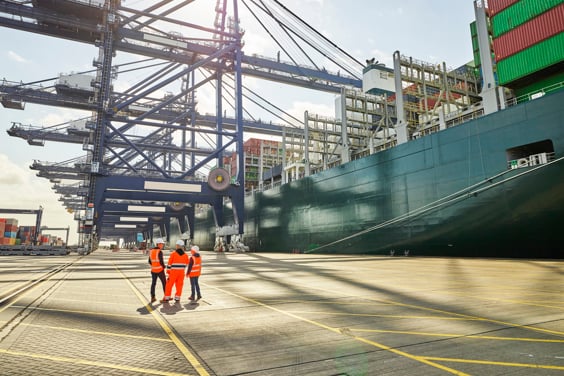
Change in the maritime regulatory landscape accelerates at an unprecedented pace. This rapid acceleration forces maritime organisations to constantly adapt and innovate, as regulations evolve much faster than in previous decades. It demands a proactive approach, rather than a reactive one, to ensure continuous compliance and operational efficiency.
Maritime organisations must not only meet regulatory requirements but do so in a way that enhances efficiency and the economic viability of your assets. Simply ticking boxes is no longer sufficient; compliance must be integrated with operational strategies to optimise performance and protect asset value. This means investing in technologies and practices that not only meet regulations but also improve fuel efficiency and reduce operational costs.
Compliance with the following is now a strategic necessity, not just a technical exercise that directly impacts chartering decisions, vessel attractiveness and asset values:
- IMO mid-term measures: These measures, designed to reduce greenhouse gas emissions, are reshaping vessel design and operational practices. They necessitate significant investments in new technologies and fuels, making compliance a key factor in a vessel's long-term viability and market appeal.
- EU Emissions Trading System (EU ETS): The EU ETS introduces a carbon pricing mechanism that directly impacts operational costs. Maritime companies must now factor in the cost of carbon allowances, which in turn influences chartering rates and investment decisions. This system fundamentally alters the economic landscape for shipping within and to the EU.
- FuelEU Maritime: This regulation drives the adoption of sustainable fuels by setting targets for greenhouse gas intensity. It pushes the industry towards cleaner energy sources, requiring significant infrastructure investments and operational adjustments. The ability to meet these targets will be a key differentiator in a competitive market.
- National policies: Individual countries are implementing their own regulations, creating a complex and diverse regulatory environment. Maritime companies must navigate these varying national policies, which can add complexity and cost to operations. Successfully managing this complexity is crucial for maintaining global competitiveness.
Why LR
To empower your organisation to take control of its regulatory exposure, a thorough understanding of your risk profile is essential, enabling you to gain a competitive advantage by proactively managing new costs. LR provides in-depth regulatory impact assessments and tailored compliance strategies, facilitating navigation through the complexities of carbon pricing, emissions reduction planning, and fleet optimisation.
This approach transforms regulatory compliance from a mere cost burden into a strategic competitive advantage. By bridging the gap between compliance, vessel operations, and technical efficiency, pragmatic, tried-and-tested approaches ensure that regulatory requirements are met in a way that strengthens your market position and secures long-term success.

 GHG Regulation Compliance & Optimisation
GHG Regulation Compliance & Optimisation








